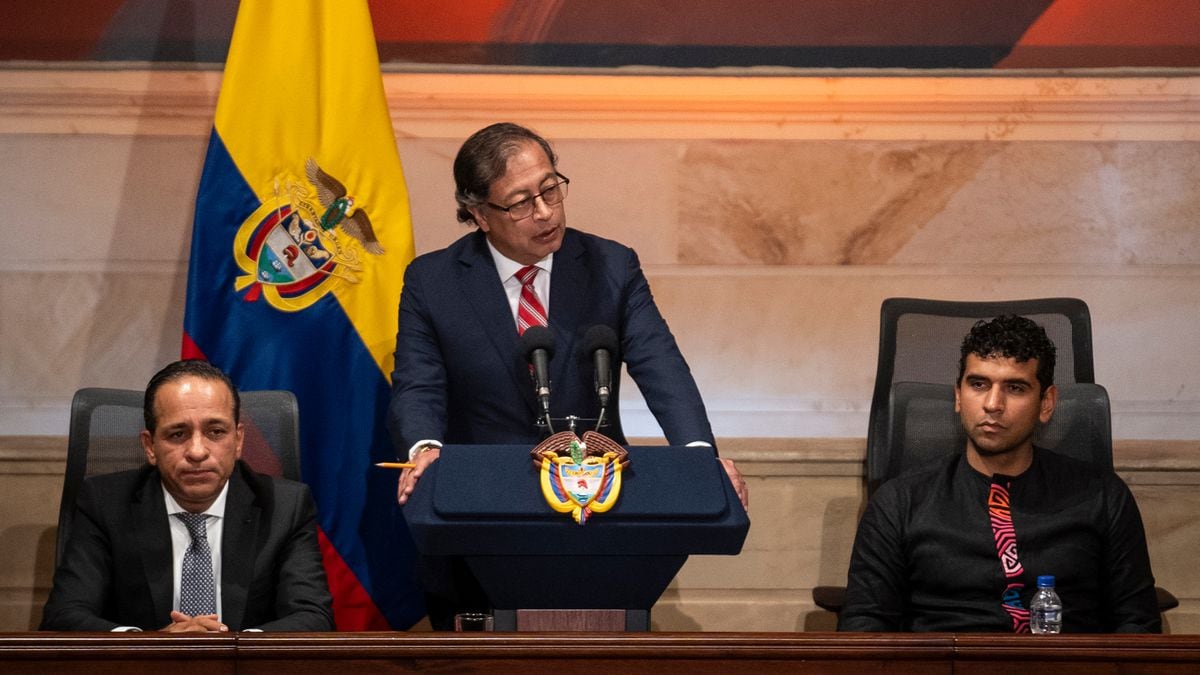Álvaro Uribe is the person who has managed the most power in recent decades in Colombia.
It was 20 years of presiding over or appointing presidents and inflating a bubble that burst during the legislature of his acolyte Iván Duque.
In the last elections, in which the left came to power for the first time in the modern history of the country, Uribe disappeared.
His party did not even have a candidate.
He seemed like the end of an indefinable politician.
One of his greatest enemies, Gustavo Petro, now rules the country.
And it is there where the former president has found a handle to take a breath again.
With a fragmented opposition and no clear head, Uribe ran on Tuesday as the "constructive opposition" to the Petro government.
The president had not opened the doors of the Casa de Nariño to any politician until today.
That Uribe is the first responds to several reasons.
The first is that Uribe's power in low hours is even greater in certain sectors than the power that the new names that starred in the last electoral campaign have failed to unite.
Not even Rodolfo Hernández, who was about to win the presidency and who already announced last week that he was leaving the Senate to try his luck in regional politics.
Not even Fico Gutiérrez, the right-wing candidate who did not even make it to the second round.
Petro is interested in squeezing Uribe's hand to temper the spirits on several fronts, altered by the number of reforms that the president wants to implement.
The meeting took place the day after the first social marches of the Petro era,
Uribe was the only one to give statements after the meeting.
His tone sounded, above all, conciliatory, with a religious air.
There was not one word higher than another, not even a single disqualifying one towards the one he named all the time as "President Petro".
He said that he did not want to "polarize" the country and promised to work to "contribute to Petro's being a government of social democracy, not one of failed 21st century socialism."
He repeated several times that, if he was still here "working for Colombia", it was so that the current Executive would not follow the path of the Latin American left, but the European model, where he assured that both the right and the left govern with "equidistance from the center ”.
The meeting had been sold as a meeting to talk about tax reform, but that was not the first point that Uribe touched on before the press.
If there is a sector in which the president of the Democratic Center continues to enjoy enormous reputation and power, it is on the ground.
Among the ranchers and businessmen from the countryside, among the large landowners —of which he is a part—.
And precisely there is where one of the biggest problems facing the current government opens.
Agrarian reform was one of the campaign promises and one of the struggles that the current president has waged for a decade.
The commitment to put an end to plundering and hand over land to the peasants and the dispossessed encouraged sectors of the population that had never seen themselves represented in the buildings of power in Bogota.
Now, these same ones demand speed and immediate solutions.
Since Petro's mandate began, land invasions have multiplied, which were already common, but not at this level.
The Minister of Agriculture, Cecilia López, recognized that it was a problem that involved offering results as soon as possible.
Last week, Ella López announced that between September and November she will hand over 681,000 hectares of land to 12,000 peasants, indigenous and Afro-descendant communities.
On the other hand, the pressure of the invasions put the owners on guard.
There where Uribe can mediate.
The powerful president of the livestock federation, José Félix Lafaurie, announced a couple of weeks ago on social networks the creation of “solidarity reaction” groups of ranchers to act in defense of anyone affected by the invasions.
Since then the issue has multiplied in other business sectors of the field, seeking unity in the face of occupations.
These announcements stir up a very recent past in Colombia.
In the 1990s, the so-called Convivir groups were created to defend rural property, which ended up being the origin of paramilitarism.
Uribe wanted to emphasize that it was "a big step" that the government is not talking about expropriating the land.
Throughout his intervention, the former president used a role as a messenger: "They call me or write to me and tell me: please tell President Petro that the public force protect us against invasions."
The Government feigned a few weeks ago to give the occupiers an ultimatum of 48 hours, but the deadline expired and nothing happened.
From the Government they maintain that dialogues are being carried out to unclog the situation.
Uribe also made it clear that they support the government in the decision to buy land that is not producing anything to deliver to the peasants who work it.
Taxation was also discussed at the meeting, the first major reform that Petro wants to carry out to increase revenue to allocate to other items.
There Uribe made his vision clear.
“Letting the economy grow and controlling evasion, President Petro could comply without tax reform.
But there is a political decision that we respect, that is why we suggest modifications”.
And another: “We prefer an extra peso in the pocket of the worker than paid in taxes to the State.
They are 'choices' and we are very clear”.
This is the second meeting between the two politicians.
The first, by surprise, occurred on July 1, two weeks and 12 days after the elections.
It was the way of the leader of the left to say that he was going to govern for everyone.
If Uribe sat down with him, who wouldn't?
That day, the former president spoke of a "reasonable opposition."
This Tuesday, two and a half months later, he referred to a "constructive opposition."
The man who no longer wins elections in Colombia is now gaining the weight of the Government's counterpower.
Subscribe here
to the EL PAÍS newsletter on Colombia and receive all the key information on the country's current affairs.

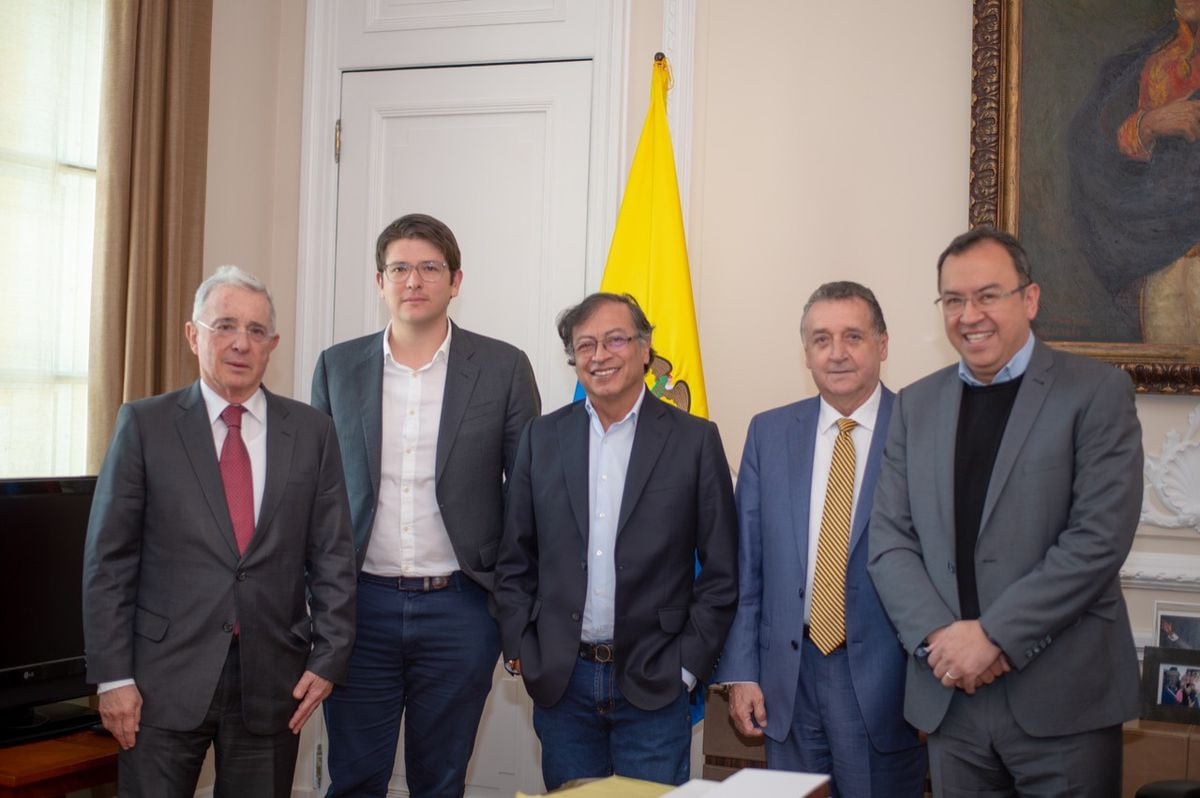
/cloudfront-eu-central-1.images.arcpublishing.com/prisa/RYAE4R2YX5G7LGEJQ74SXZI47A.jpg)
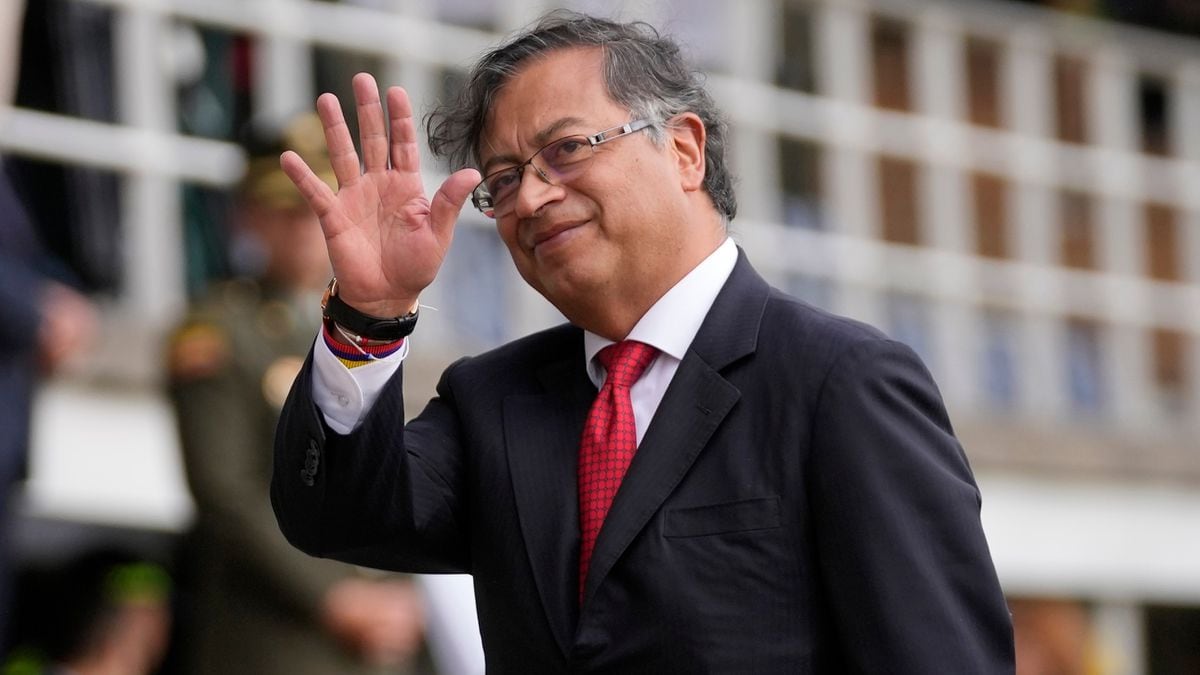

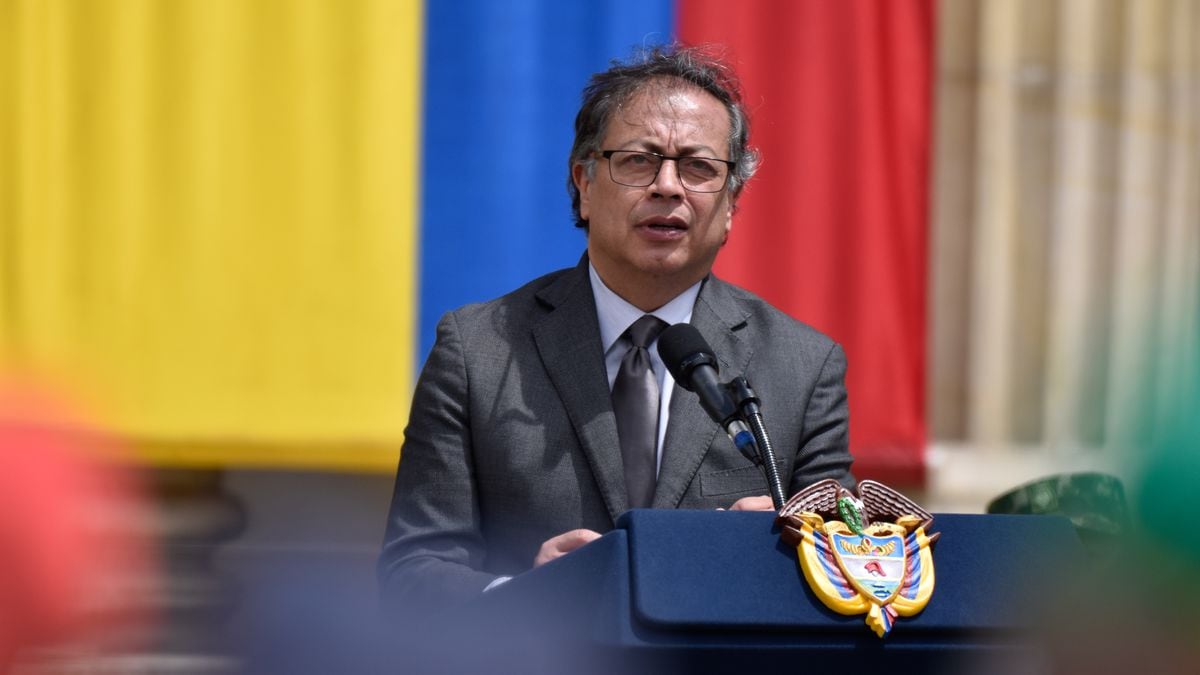
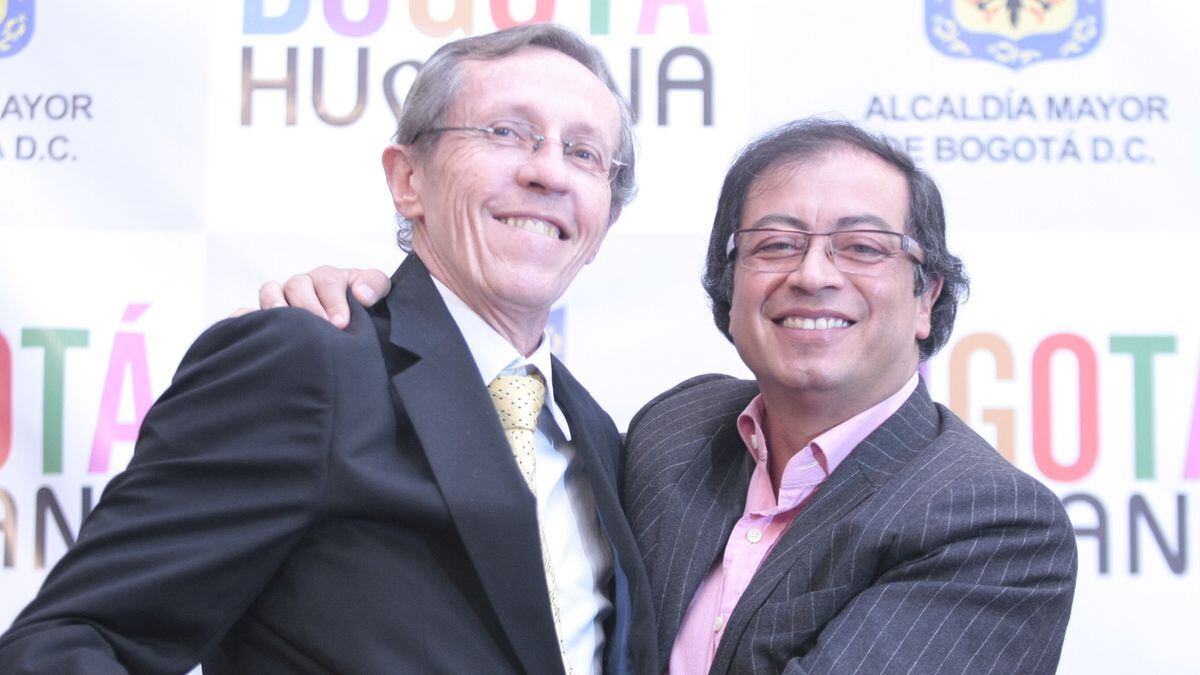
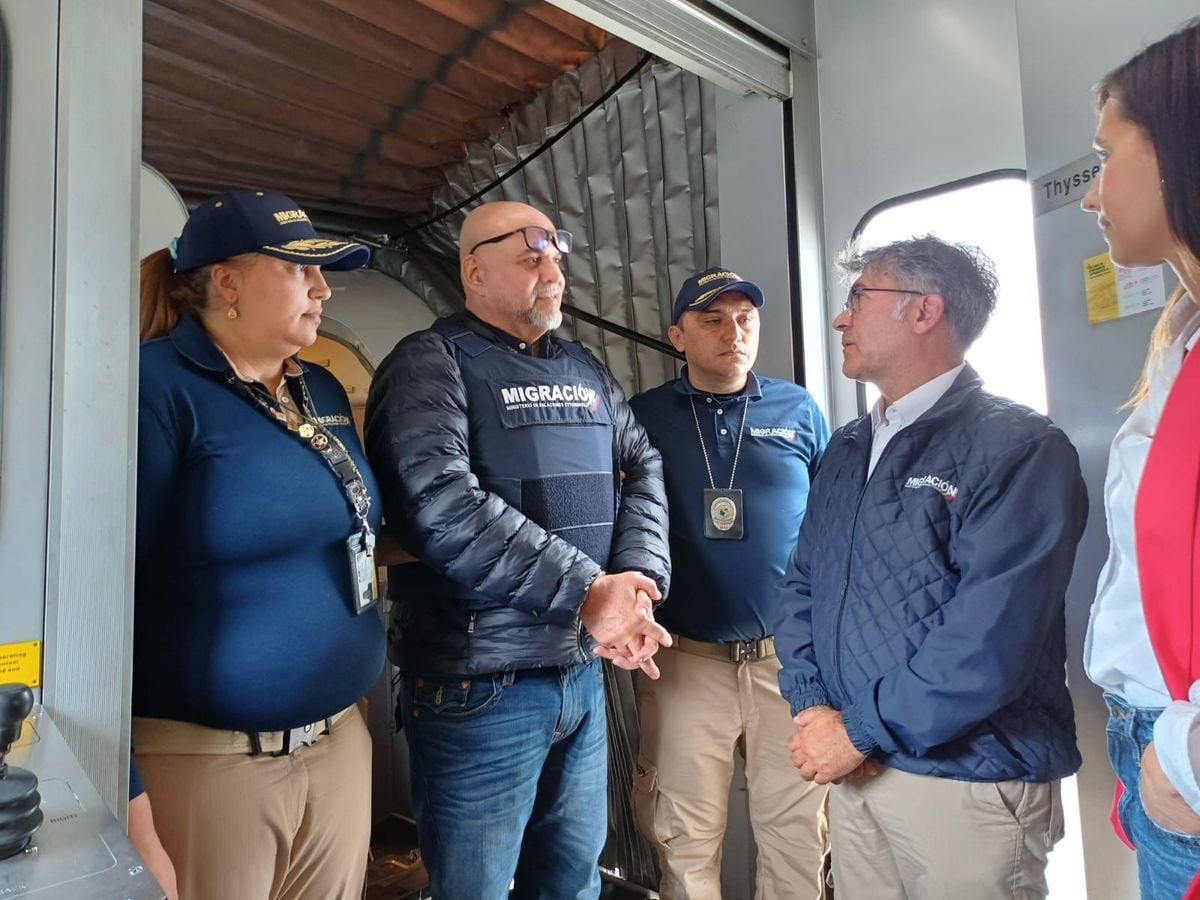
/cloudfront-eu-central-1.images.arcpublishing.com/prisa/YOIAB3IZVZENPLEXJ3PCP7HOI4.jpg)
